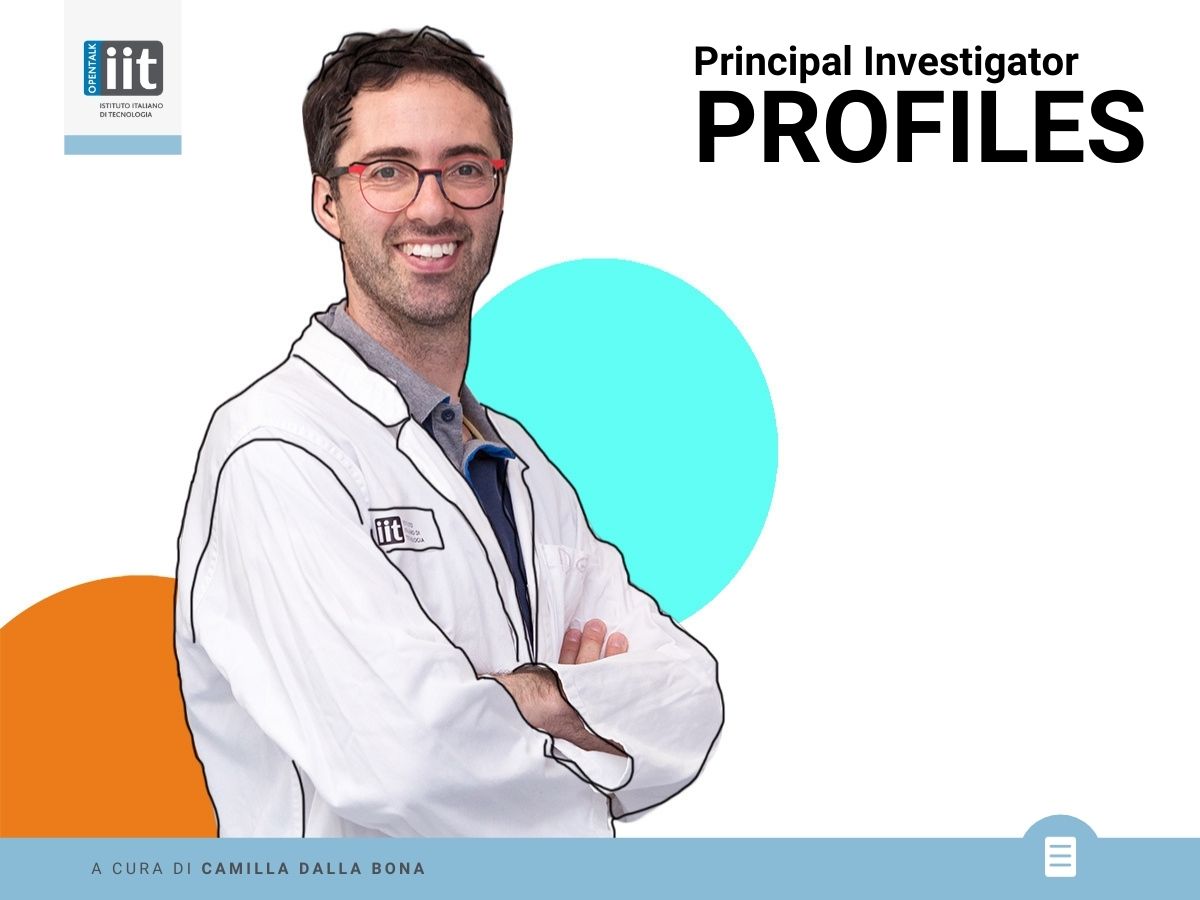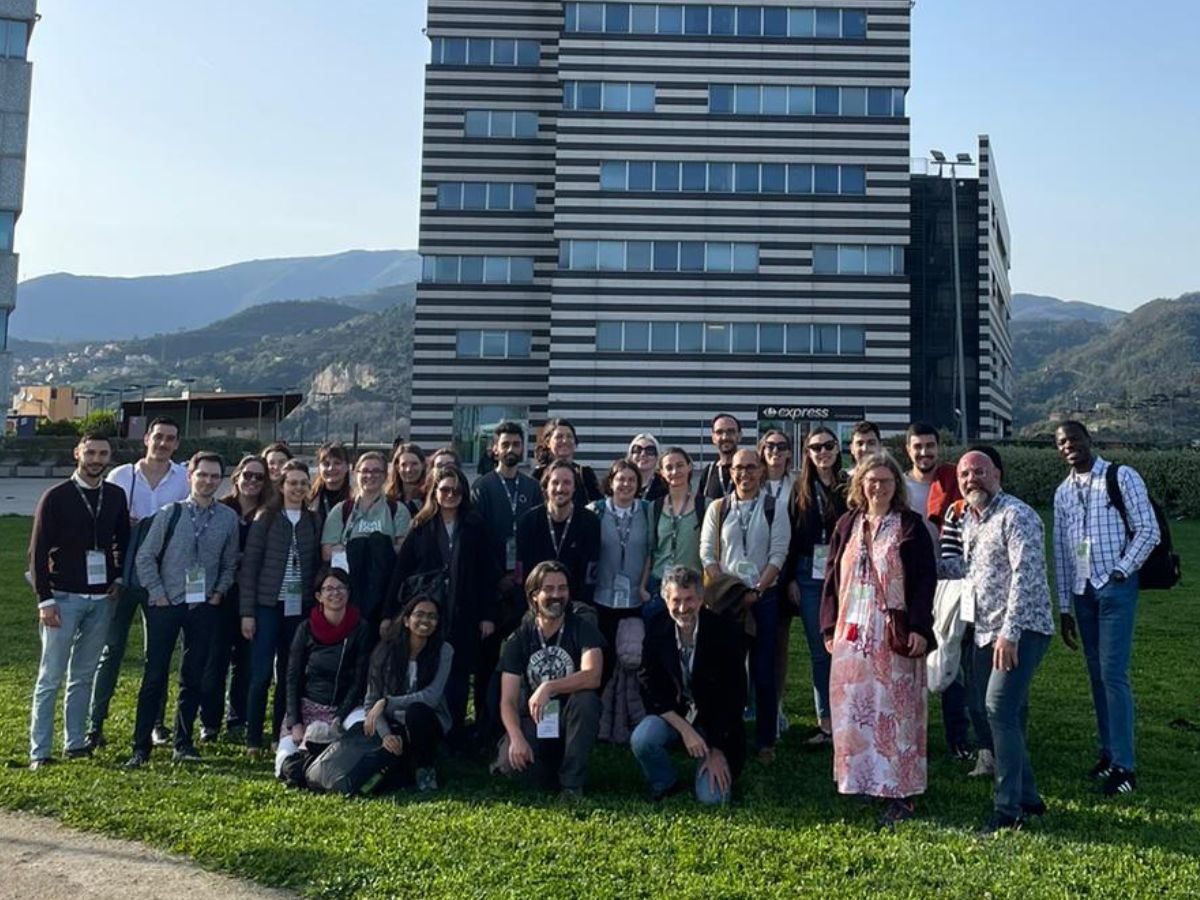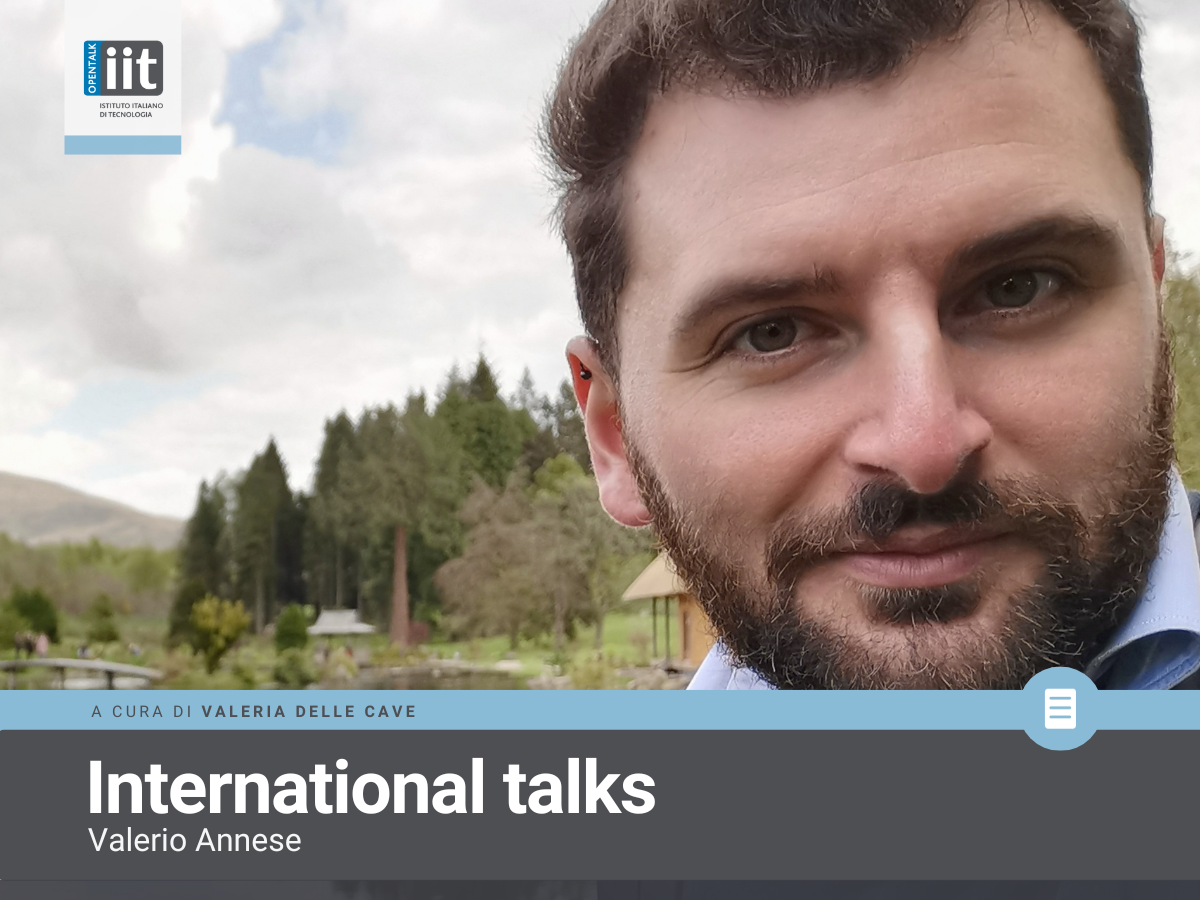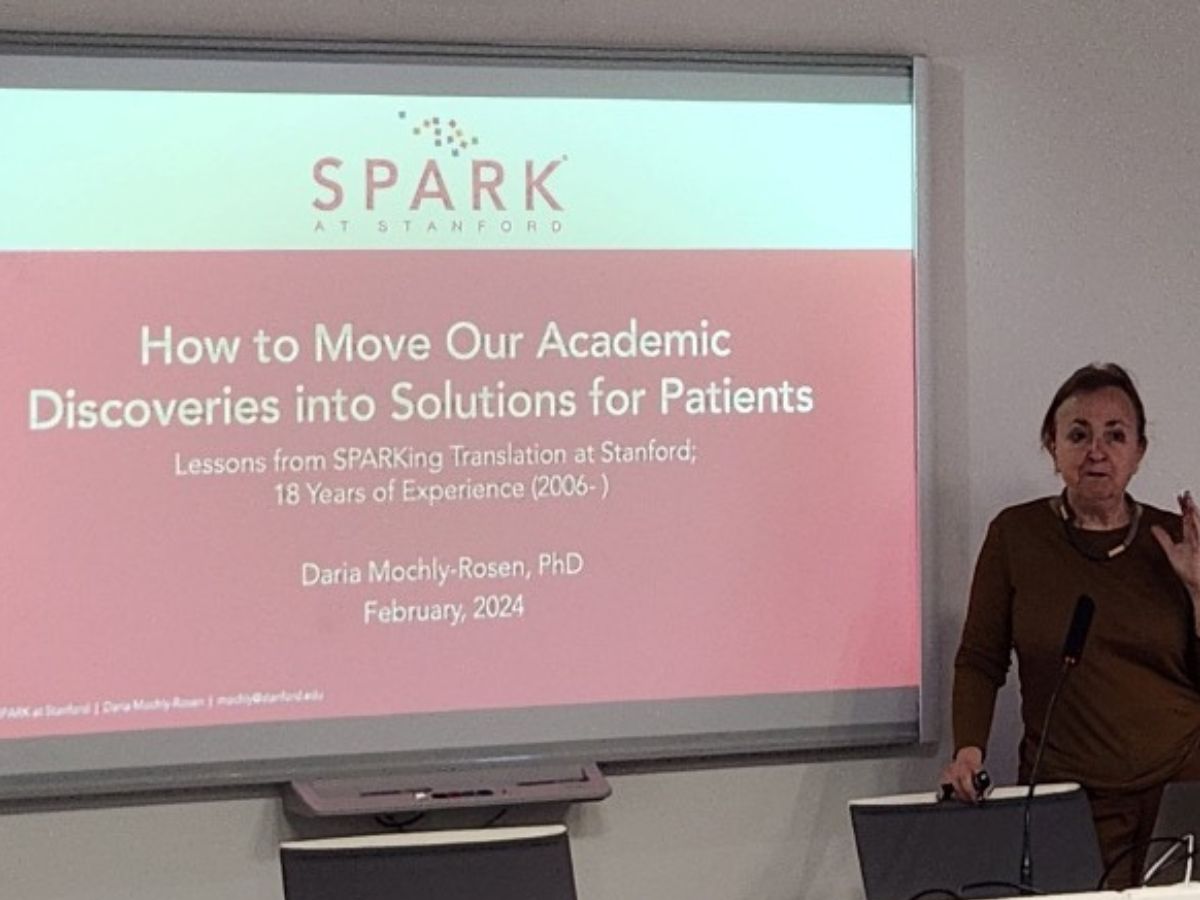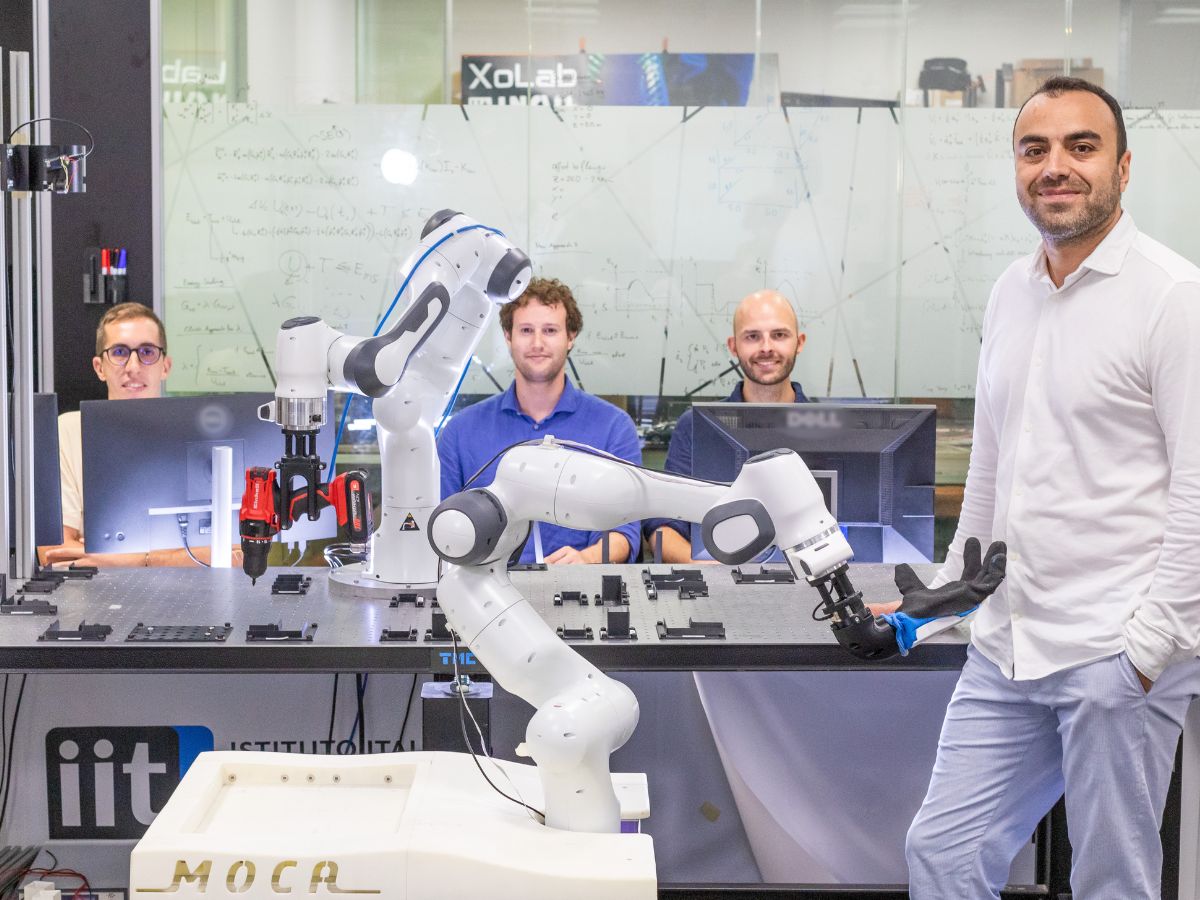Interview with Francesco Papaleo, coordinator of the IIT Genetics of Cognition research line
Name: FrancescoSurname: PapaleoPlace of birth: Scicli (Sicily)Position: PI, Genetics of CognitionWhat does your research team do?Our aim is to uncover the mechanisms underlying cognitive, social and socio-cognitive processes. We particularly explore mechanisms of these functions in terms of genetics and brain circuits contributing factors. Moreover, we study these processes in the context of psychiatric and neurodevelopmental disorders with the final goal of developing biologically-based and personalized therapeutic strategies. To address all of this, we employ cross-disciplinary approaches strictly combined with clinical investigations.If this wasn’t your current job, what would you have liked to do?Since I was a kid, I have been always attracted by “Science”, and I always wanted to explore the unknown creating new things. This what I liked, but I did not know this could be a job…I loved to think to do research in Medical Science or Astronomy when I was younger…but at the high school level I thought a “research job” was unreal, with a lot of traveling and a lot of instability (and I really wanted to be in my beautiful home town in Sicily at that time)… so I started a path to be a pharmacist…but then my willing, luck, and strict contact with good supervisors brought me to my more natural path arriving to the current job which is really what I like and liked for my all life.That time you would have wanted to drop everything and do something else:I mean, I thought about this several times, not only once, and still now sometime… but honestly never seriously indeed, and at the end, that “something else” was again science and research, maybe in a different environment or on a different topic.“Publish or perish”. How does the pressure to publish influence your days and your professional choices?In my own experience, when I was a younger researcher not much, because I was really focused on running my beautiful (at least for me) experiments, on what they meant and what to do next. When you start to advance in your scientific career, instead there are critical periods when you really feel this pressure more than others. You start to be less and less occupied by day-by-day practical experiments, and you spend more and more time writing papers and grants…so there the pressure increase. Nevertheless, I feel like you must well control this possible pressure from the system… otherwise you cannot really advance properly and effectively. And most of all, you risk to lose the intrinsic pleasure of doing research. But I realize this is not always easy and sometimes can get frustrating.When did you realise you were going in the right direction?Never, I still doubt that everyday. But I guess it depends on what we mean by “right direction”? You must have fun doing research. In my own experience, I tried to follow what I could like more with as less compromises as possible… and you probably realize you are in a possibly good direction when your findings start to have some impact in the current time or in the longer range future vision.What is your next goal?To better sort out the genetics, brain circuits, cell-type and brain-immune interaction mechanisms underlying social cognition, and its alterations present in neurodevelopmental disorders.What is the toughest aspect of your job?To balance everything.Senior researchers necessarily have to deal with many bureaucratic aspects. Apparently, this aspect does not fit well with the research activity. How is that for you?It is true this can heavily distract you from studying, thinking and managing lab projects and people… it is needed though, but probably I am not too good with it. The best is to be surrounded by skilled and efficient people on it, that change your life.Who would have to invest more in research compared to what it is done today?Different countries have different “research culture” and investing sources and systems. Generally speaking, north America and now Asian countries have more access to different funding sources compared to Italy. I think one reason could be that compared to these other countries, the “basic and general” scientific culture is less present in our country. Increasing this might improve how research investments are managed, and motivate more public and private sources in investing in research. Do people talk about science outside the labs and the academic world?Not enough, there should be more basic and general science talking between people that are not even directly involved in science. But just talking is not enough… this is what I meant also by increasing the “scientific culture” of a country… increasing the knowledge and interest in the entire population. In a positive and constructive way. Who gave you the most important advice during your journey?One of my initial life mentor: “If you do something do it with love, you will put on it all your passion and drive, and everything will be easier and more effective.” I still say this to my students: “Science might be difficult, if you don’t like it, it became impossible”.Is working in different countries essential for a researcher?I don’t think it is “essential”, it is more essential to find good environments and good mentors (both plurals). But definitely in my experience working in different countries, with different mentors, and in different cultural environments has hugely enriched my scientific experience and vision.You can improve one aspect of research in general. Which one would you choose?The time!

